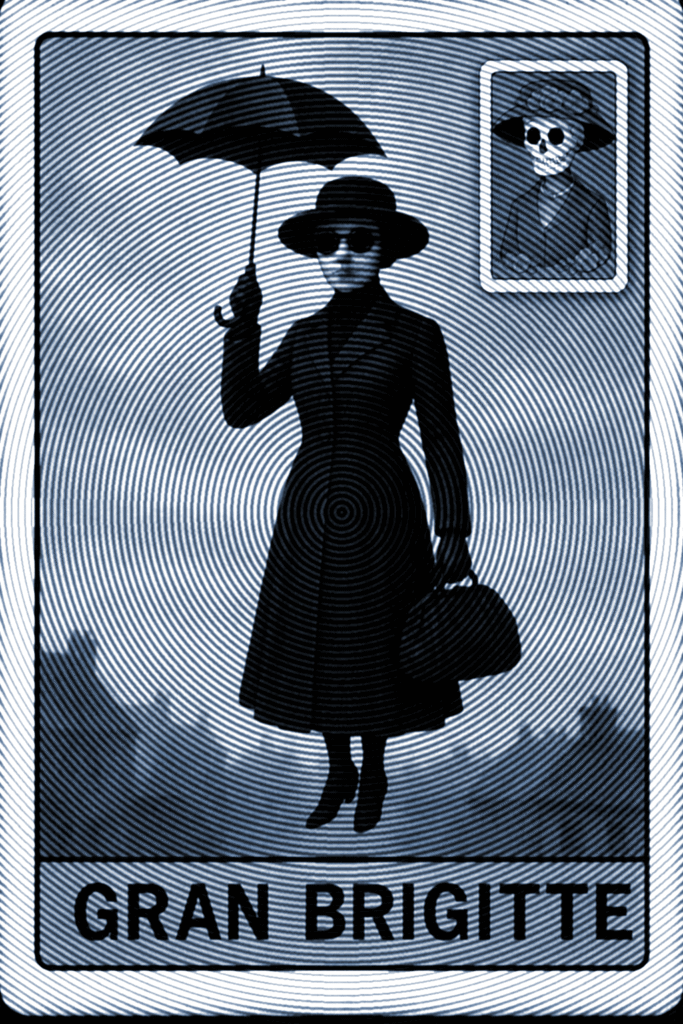A Parable (About Quantum Computing)
Classical computing is your proper British nanny: the stalwart anchor of Empire. Overseeing the regulation of the youth, precisely pruning the sensibilities of the future subjects of the Realm.
Here’s a parable:
Classical computing is your proper British nanny: the stalwart anchor of Empire. Overseeing the regulation of the youth, precisely pruning the sensibilities of the future subjects of the Realm. The household is a processing zone. You will defer to the strict rule of Nanny: behave; acquire manners; familiarise yourself with your place in the hierarchic scheme of Empire. Speak when spoken to. Spare yourself the rod. Observe ‘P’s and ‘Q’s—are these really protons and quarks masquerading as mysterious alphabet, perchance? Occam’s Razor says they are binaries: ‘0’s and ‘1’s.
Each movement throughout the day and through space is a logic gate: Memory. Input. Output. Play is flattened into protocol. You are output as a citizen a subject a demographic a statistic.
And long did we toil those regulated, overclocked Newtonian nurseries—cradles of skewed imperial thought.

Look to the horizon, and you will make out a strangely eccentric figure appearing as the wind changes direction East. Formidable in her Edwardian nanny strictures; armed with ambulatory umbrella and an ominous carpet bag of tricks; she floats, feet serenely poised in decorous balletic first position—a meteorological spell, no doubt— as she drifts over the rooftops of the metropolis, arriving from the direction of the East. Her name is Mary Poppins, but she is also a whirlwind goddess of storm—Oya in Yoruba mythology, for example. Or Grande Brigitte of Haitian vodoun, forbidding grand dame of the twilight terraced cemeteries and crossroads, a legislator with a whiff of iridescence, a shadow Queen Victoria—proper, formidable, but also mercurial. A little scary in fact…
Continue reading on substack
